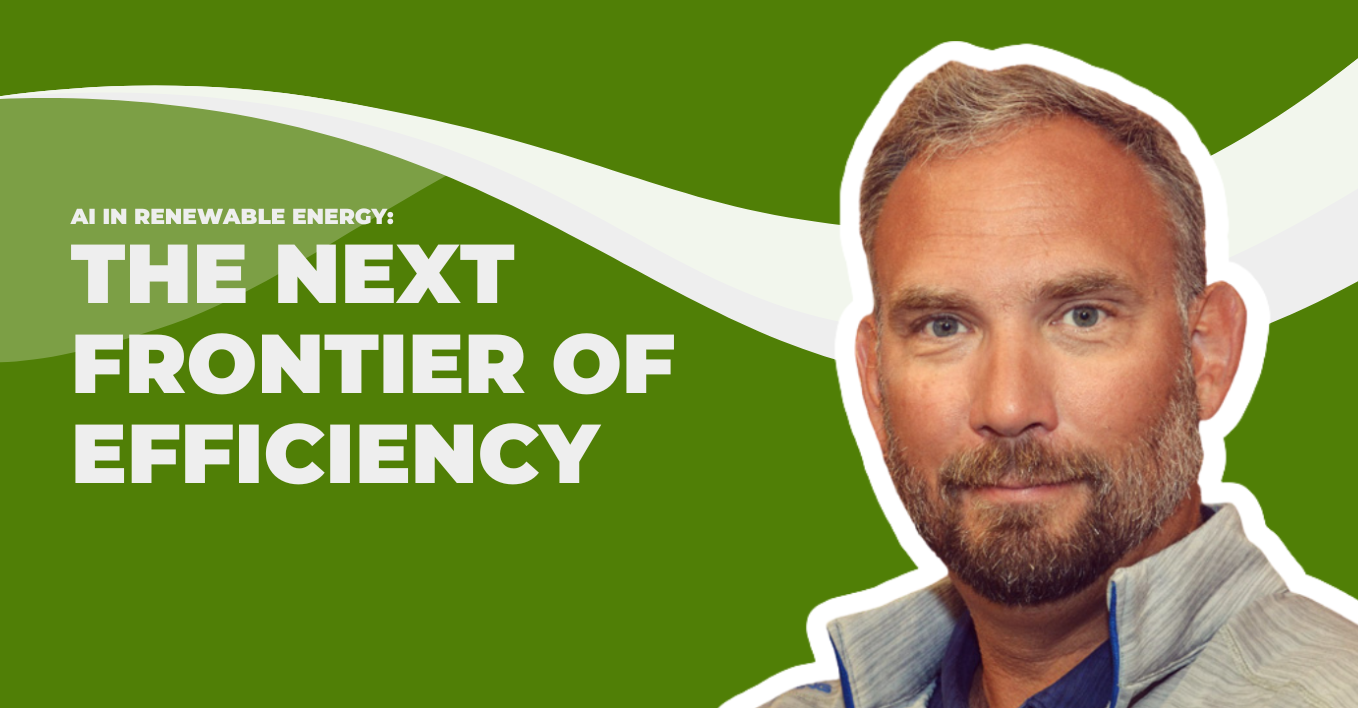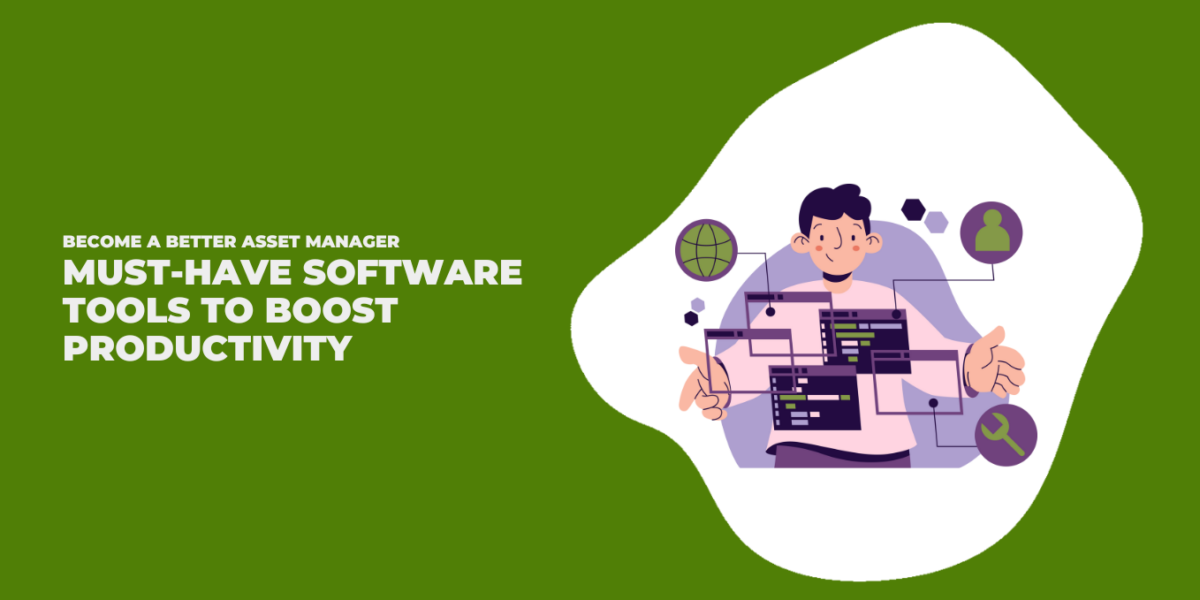Phil Obendorf, CEO at PowerHub, shares insights on how AI is transforming the renewable energy sector and driving efficiency, highlighting its internal use to streamline coding processes, automate testing, and boost overall productivity.
Summary
AI is transforming the renewable energy sector by enhancing predictive maintenance, optimizing performance, and improving internal workflows. Successful AI implementation requires a smart approach, with the right data infrastructure and team in place. Embracing AI now is essential for staying ahead, as it allows companies to focus on strategic, creative tasks while reducing costs and driving growth.
Deep Dive
There’s a lot of noise around Artificial Intelligence (AI) these days. It’s become one of the hottest trends, and for good reason.
In the renewable energy space, we’re seeing its potential across various applications—predictive maintenance, parameter optimization, quality control, and even soiling detection for solar panels. The technology has the power to reshape how we operate and manage our portfolios, driving performance and enhancing risk management.
As a technology company, we’ve embraced AI both in our internal processes and within the solutions we deliver to clients.
AI has become an essential part of how we function; I can’t imagine running our operations without it. To me, it’s not just a tool; it’s a fundamental shift in how we approach problems and solutions in our field.
Using AI Internally: The Efficiency Game-Changer
Internally, AI is transforming how we work.
We’ve adopted coding tools that now help our front-end team build forms and workflows up to 80% of the way there before our developers jump in to complete the process. This rapid progress simply wasn’t possible a year ago. The price of these AI tools has dropped significantly in the last six months, and their efficiency has improved tremendously.
AI is not just about automating tasks; it’s about enhancing quality. We’re seeing vast improvements in automated testing, pull request management, and overall development workflow. Our developers are now more efficient and focused on what truly matters: delivering better solutions to our clients, faster.
The AI Implementation Dilemma: Smart Use is Key
However, let’s not get carried away.
Implementing AI is not just about plugging in a tool and hoping for the best. I’ve looked at various use cases in the renewable space—contract management, legal analysis, anomaly detection, you name it. While the potential is there, many of these solutions require bespoke customization and aren’t simply “out of the box.” They can be expensive, and they demand well-established data processes and a smart, capable team to implement them effectively.
It’s crucial to understand that AI is not a magic bullet.
If a company doesn’t have the right data infrastructure and skilled people in place, it’s likely to fail in AI implementation. And yet, without leveraging AI, I believe companies will be left behind. We’re able to implement at a much higher efficiency rate because we’ve invested the time in understanding and testing what truly works.
The Coming Shift in Tech and Beyond
We’re on the cusp of a massive change in tech.

In the next 18 to 24 months, I see the world of coding and development undergoing a transformation. The way we build, the way we innovate—it’s all going to change. For us, and for companies everywhere, the time to start is now. Those who don’t will simply be left behind.
But it’s not just about AI adoption; it’s about leading our teams through this change.
In any new technology wave, there are always those who are excited to try every tool and those who resist because they’re afraid of what it might mean for their jobs. I believe it’s our job as leaders to inspire our teams to think differently about their roles and about the company’s success. We need to create an environment that allows time for experimentation, celebrate the wins, and double down on what delivers results.
AI: An Evolution, Not a Threat
There’s a lot of talk about AI being a threat to jobs, but I don’t buy into the doom and gloom. AI will undoubtedly change the employment landscape, but it will also make our jobs more interesting. By taking over the mundane, repetitive tasks, AI allows us to focus on strategy, creativity, and innovation.
This, in turn, will drive down costs and open up new opportunities for growth.
I’ve seen the journey of AI from its earliest days. I remember working with the pioneers of AI when it was just a concept, requiring meticulous coding to teach these learning models. Fast forward to today, and we have AI tools that work straight out of the box. It’s incredible progress, and it’s exciting to see how we can leverage it to shape the future of our industry.
Final Thoughts
AI is not just a tool; it’s an evolution. It’s here to change how we work, how we think, and how we drive success.
My goal is to ensure that our company remains at the forefront of this transformation. We’re constantly exploring new ways to integrate AI, pushing boundaries, and delivering better solutions for our clients. Because at the end of the day, it’s not just about keeping up—it’s about leading the way.




